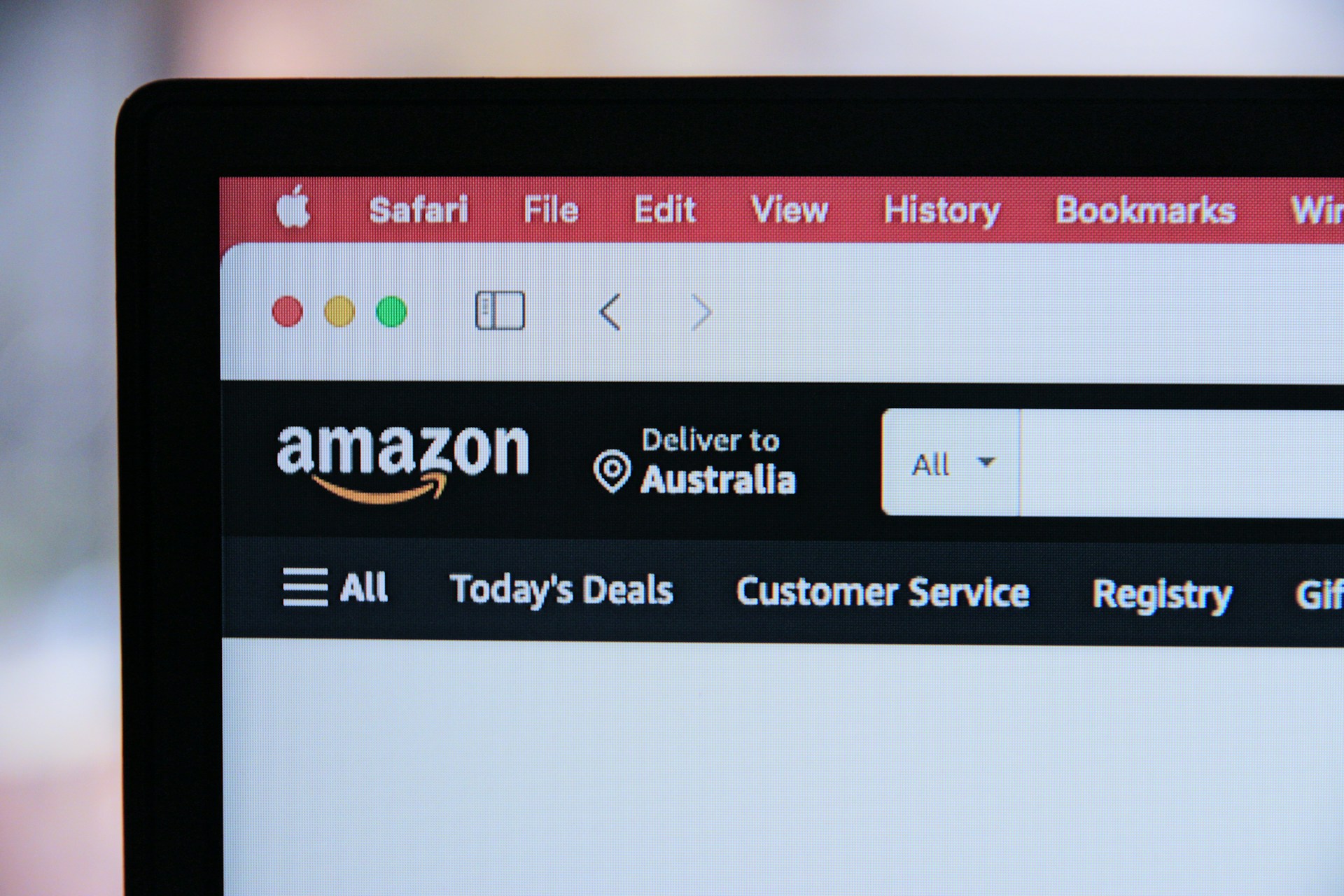:quality(80)/business-review.eu/wp-content/uploads/2024/05/How-Businesses-Are-Adapting-to-the-Unfolding-Events-in-the-Middle-East.jpg)
The ongoing strife in the war between Israel and Hamas has created massive social and political waves. Student marches and partisan pundits fill the news daily.
They overshadow the reality that such events in the region will likely affect local and global businesses in some fashion. They may be hundreds or thousands of miles from the conflict, but the effects on the bottom line can be significant.
Experts say it is too early to predict the broader economic impact of the unfolding events in the Middle East, save for the oil and equity markets.
However, European businesses started to feel the pain in October last year when rebels targeted ships sailing in the Red Sea. The disruption will likely delay shipments in the short term but could lead to significantly higher prices if it continues.
Nevertheless, the conflict may add unpredictability to the global economy, especially as it is already slowing.
That will delay decision-making, increasing the risk premia and the potential for long-term equilibrium to get out of whack.
That sounds complicated and far removed from what most people care about, like the price of sneakers or other goods. What global companies say about the effect of the war on their businesses puts it in more concrete terms.

Amazon
The online retail giant constantly monitors the situation, particularly the European and US supply chains. However, Amazon executives claim the crisis has yet to hit their bottom line.
Its Q1 2024 revenue jumped 216 percent year-over-year due to advertising revenues and more efficient logistics.
Despite the tumultuous environment, Amazon has maintained a good NPS score, reflecting its commitment to customer satisfaction and operational resilience.
According to CFO Brian Olsavsky, Amazon is “working very hard to make [supply chain issues] not back up on customers, and we’ll continue to work on that.” Broadly speaking, Wall Street analysts wax positive on Amazon’s trading position in 2024.
Euronav
Belgian oil shipping company Euronav is understandably concerned over disruptions in the Red Sea. In its Q4 2023 earnings call, CFO Ludovic Saverys announced the company delivered a profit of $411 million.
It proactively started changing its shipping routes because of the Houthi faction attacks and plans to continue avoiding the Red Sea. If the situation continues, it will create “more demand for ships because of the longer ton-miles.”
Shell
Another company working around the Red Sea situation is energy giant Shell. The company’s annual profits fell by 30 percent. However, its liquified natural gas (LNG) business reported better Q4 2023 results than expected.
CEO Wael Sawan says they are not yet seeing significant disruption to LNG flows. That is mainly due to a diversified portfolio with supply points on either side of the Red Sea.
Food Chains
You don’t usually associate fast food chains with world events. However, it is one of the first industries to feel the heat as they are necessarily local.
Yum! Brands
Yum! Brands include Taco Bell, Pizza Hut, and KFC, and it reports a widespread decrease in sales in Muslim countries and the Middle East. Sales also took a hit in countries that blame the US for its support of Israel.
Yum is one of three restaurant giants identifying Israel’s war with Hamas for poor sales. Mcdonald’s and Starbucks also report effects.
McDonald’s
McDonald’s posted low sales in Muslim communities and the Middle East despite, or perhaps because of, the instantly recognizable yellow arches.
The burger behemoth became the target of boycotts for its apparent support of Israel, sending its stock prices down.
In a Q4 2023 earnings call, Mickey D’s International Developmental Licensed (IDL) markets segment posted sales growth of a mere 0.7 percent. CEO Chris Kempczinski says he does not expect “any significant improvement” until conflict resolution.
Starbucks
The lure of Java notwithstanding, Starbucks has excited the ire of Israel and Palestine supporters in the US. The coffee chain’s Middle East franchise has already withstood losses as a direct impact of the conflict.
Coupled with the American boycotts and competition from China, the company reported Q1 2024 same-store sales that fell short of expectations.
Starbucks still made money, but less than estimated. Nevertheless, CEO Laxman Narasimhan said loyal customers increased spending in the quarter.
Snapchat
The social media platform Snapchat believes that the Middle East conflicts created a “headwind” to its digital advertising revenue in Q4 2023.
It dragged down year-over-year growth by about two percentage points. That contributed to a sharp fall in Snap stock prices.
CH Robinson Worldwide
Shipping disruptions figured considerably in reported disappointing earnings in Q4 2023 for international logistics company CH Robinson Worldwide.
CEO Dave Bozeman said that the ongoing conflict and low water levels in the Panama Canal mean transit interruptions and vessel rerouting for global supply chains.
The Asia to Europe trade lane will be the most affected, but it will likely extend to other lanes due to shipping demand. As a result, rates have gone up significantly in Q1 2024.
Adidas
In its Q4 2023 earnings call, Adidas executives said the Red Sea attacks had delayed shipments and caused delivery issues, mainly in Europe. The German athletic apparel giant also noted that shipping rates were “exploding.”
That led to a decline in revenue in euro terms. However, the company reported an eight percent sales growth in Q1 2024 despite overstocking Yeezy products.

Lessons Learned
Overall, businesses have felt the first effects of the conflicts and other events in the Middle East but remain optimistic about the future. That may be due to lessons learned from past conflicts that helped businesses adapt and navigate the current situation.
Historical conflicts in the Middle East had significant consequences worldwide, primarily because of its role as a global energy source.
They disrupted oil production, resulting in commodity price spikes. These affected global transportation, manufacturing, and energy costs, contributing to inflation and economic uncertainty.
The Middle East is also vital in a maritime sense. For example, the Strait of Hormuz is pivotal for global oil and gas transportation. Troubles in strategic waterways can impact international trade, increase shipping costs, and disrupt supply chains.
The situation presents a dilemma for central banks. They must determine whether it is likely to result in new inflation pressures.
The region is not only a central hub for oil production, with countries like Iran and Saudi Arabia but also hosts crucial shipping lanes through the Gulf of Suez. Alternatively, it could significantly damage confidence in the economy, causing it to falter.
Federal Reserve officials have mentioned recent high energy prices as a potential risk to their outlook for gradually easing inflation. They have also stated that the US economy will likely steer clear of a recession, barring unforeseen external shocks.
Speculators will closely watch the reaction among traders and principal players to see if another price surge is coming. In the meantime, trading on bond and stock markets in the coming days will indicate how markets anticipate the likely fallout.
Federal officials were already monitoring a rise in US Treasury bond yields. They are looking for signs that investors have pushed financial conditions beyond what was necessary to cool inflation. That raises the risk of a too-stark economic slowing.
The Israeli war with Hamas increases concerns about the global economy. However, a trend reversal could happen if capital rushes towards the safety of US Treasury bonds. That often happens at times of potential crisis.
Falling market interest rates lead consumers and businesses to borrow and spend. However, the current situation might lead to different conclusions, emphasizing the perceived risks of a regional war to the global economy.
What Should Businesses Do?
The unexpected violence and threat of a broader regional conflict remind business leaders to prioritize political considerations alongside economic opportunities.
The interrelatedness of the global economy requires a deep awareness of how disruptions in regions like the Middle East can resonate worldwide.
Companies should monitor developments in the conflict and stay informed about the potential impact on operations.
For example, analytics agency Moody’s has issued warnings of downgrading Israel’s credit rating. That suggests the conflict could continue for an extended period, draining the country’s resources.
Additionally, businesses should perform comprehensive risk assessments to evaluate potential short- and long-term threats to their assets and supply chains.
While many companies have a presence in the Middle East across various industries, a cautious “wait and see” approach is vital when contemplating further regional investments. That might involve redirecting investments to other areas or sectors less susceptible to geopolitical instability.
Furthermore, companies should diversify investments and operational footprints across different regions. That will minimize exposure to any location’s security, political, and economic risks. Diversification ensures business continuity and provides a buffer against regional disruptions.
Nearshoring is an emerging approach that encourages businesses to undertake manufacturing and sourcing activities closer to their principal markets.
That would mitigate the effects of geopolitical tensions and conflicts and provide logistical advantages to market demands.
At the same time, businesses are increasingly engaged in “friend-shoring.” That refers to prioritizing investments in countries less likely to become affected by bilateral political disputes.
Mitigate Risks
Businesses should consider alternative entrepreneurial hubs in politically stable regions. Israel is a poster child for innovation and entrepreneurship, producing companies like Check Point, Mobileye, and Waze.
However, other parts of the world are emerging as hubs for expansion and collaboration opportunities. By establishing a presence in such areas, companies can leverage political stability to drive innovation, attract talent, and access new markets.
Addressing fossil fuel dependency in the Middle East and other geopolitically unstable regions is essential. Increased reliance on renewable energy sources can significantly decrease vulnerability to the volatility of global energy markets.
This strategy also improves energy security and helps promote environmental sustainability, providing more stability in energy markets and the world economy.
These steps will make companies more resilient in navigating potential conflicts involving Israel and its neighbors and an increasingly turbulent and unstable world.



:quality(80)/business-review.eu/wp-content/uploads/2024/07/VGP-Park-Timisoara_-8thbuilding_iulie-24.jpg)



:quality(80)/business-review.eu/wp-content/uploads/2024/06/22C0420_006.jpg)

:quality(80)/business-review.eu/wp-content/uploads/2024/06/COVER-1-4.jpg)



:quality(80)/business-review.eu/wp-content/uploads/2024/06/br-june-2.jpg)
:quality(50)/business-review.eu/wp-content/uploads/2024/07/America-House-Offices-Bucharest-Fortim-Trusted-Advisors.jpg)
:quality(50)/business-review.eu/wp-content/uploads/2024/07/BeFunky-collage-33-scaled.jpg)
:quality(50)/business-review.eu/wp-content/uploads/2024/07/BeFunky-collage-32-scaled.jpg)